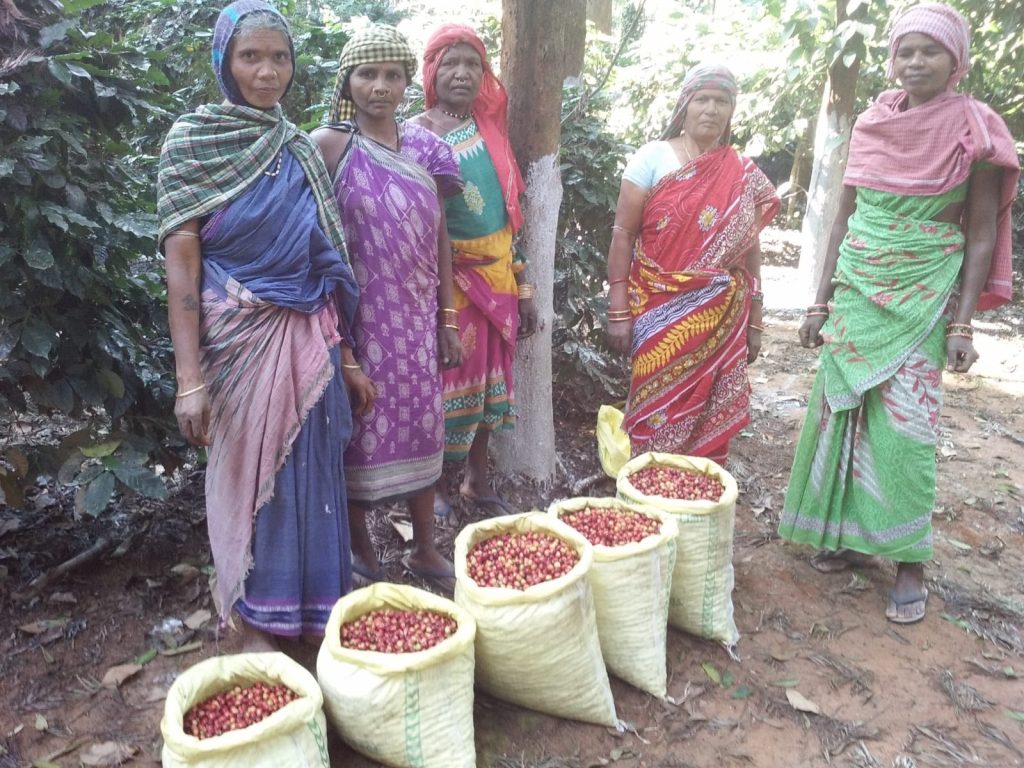Koraput: Due to climate change, weather patterns as well as seasonal cycles are getting disturbed across the world. As a result, abnormalities in rainfall, scorching summer temperatures, and erratic cold during winters have become usual.
While coffee plantations all over the world have been affected by climate change, its impact has been seen in Koraput as well and the coffee farmers in this district are a worried lot.
Koraput district is situated in the Eastern Ghats at an altitude of 3,000 feet above sea level. The climate, soil and topography of Koraput district have always been favourable for coffee farming.
Every year around the last week of October, the rains stop completely here and the bright sun before the onset of winter helps ripen the coffee fruits.
However, due to last year’s irregular rainfall in Koraput region, coffee cultivation this year has been affected, said Sujay Pradhan, a coffee entrepreneur at Brown Valley coffee garden in Chhotaguda village under Dasmantpur block of the district.
Expressing concern, Sushant Panda, an entrepreneur at Saptagiri coffee garden in Rajuguda village, blamed climate change and erratic rains for a 30-40 per cent decrease in coffee harvest. Ayyappa, a special officer of international company Tata Coffee, said that coffee farmers need to look at how they can adapt to the changing climate and grow the cash crop.
Rajeshwari Reddy, a woman entrepreneur of Madhu Agro Coffee Plantation in Kelar, said Ayyappa has alerted her about how to increase production by managing coffee plantations in view of the changing climate.
Notably, the coffee plantation was first introduced in Koraput by the erstwhile Maharaja of Jeypore Rajbahadur Rama Chandra Deo, in the 1930s. However, after the abolition of the zamindari system in 1951, the state Soil Conservation Department undertook coffee plantations to prevent siltation in the Machhkund basin in 1958.
However, with the support of the state government and the Coffee Board of India, cash crop cultivation has brought smiles to the faces of tribal people in the district and ‘Koraput Coffee’ is emerging as a brand name.
Owing to the increased demand, 1,700 hectare land in the district is now under cash crop cultivation. Furthermore, in the next three to five years, there is a target to cultivate coffee on 5,000 hectare land.
The coffee grown here is a unique blend, consisting of 100 per cent Arabica coffee and has carved a niche for itself in and outside the country for its unique taste and quality.
PNN
